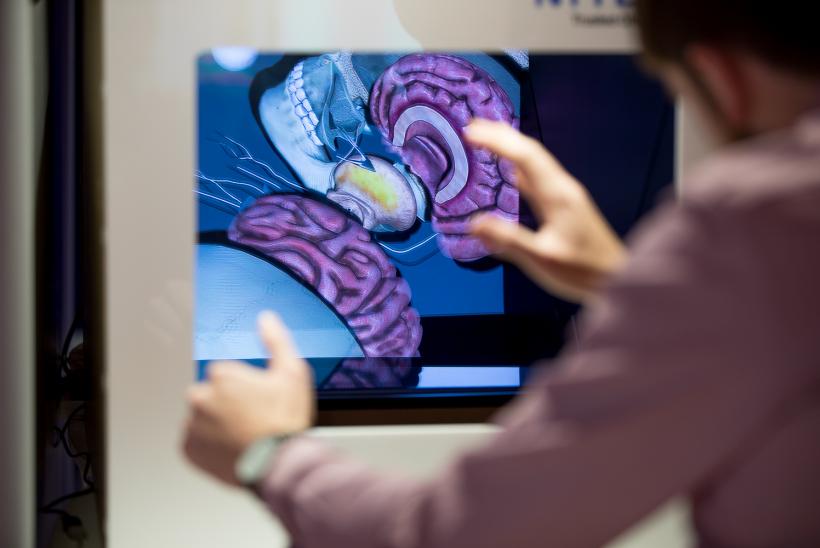Innovations and Developments at GOSH
Great Ormond Street Hospital (GOSH) is a globally renowned children’s hospital, championing innovation across more than 60 clinical specialties and providing ground-breaking treatments for the rarest and most complex conditions.
As a pioneer of cutting-edge and innovative medical technology, GOSH works at the forefront of the field to continuously deliver the medicine of the future.
We are part of Europe’s largest academic centre for research and education in children’s health and disease. We are committed to achieving the best possible results by consistently measuring outcomes against the highest international standards, and our collaborative approach to international partnerships mean we are dedicated to sharing best practice in a transparent and empowering way.
CAR-T Therapy
GOSH is the first hospital in the UK to offer a new pioneering cancer therapy to patients. Patients with B-cell acute lymphoblastic leukaemia (ALL) can now receive the new personalised treatment, known as CAR-T therapy. This is the first treatment of its kind to become available to UK and international patients in the UK, outside of clinical trials.
Dr Sara Ghorashian, Consultant in Paediatric Haematology at GOSH said: “CAR-T therapies represent a new era of cancer treatments and it’s fantastic that GOSH is able to provide this cutting-edge therapy to children for whom other treatment has not worked. These groundbreaking treatments offer the real chance of a long-term cure so this is a major step forward for the families affected by this devastating condition.”
GOSH led one of the first clinical studies of CAR-T cell therapy for paediatric leukaemia in Europe which was launched in 2013. In 2015, we successfully treated the first patient in the world with gene-edited “universal” CAR-T cells. We continue to innovate in the field of personalised medicine and are currently exploring the use of “next generation” CAR-T cells to further reduce the chance of relapse.
Laser Interstitial Thermal Therapy
Laser Interstitial Thermal Therapy (LITT), known as Laser Ablation, is a minimally invasive treatment design to destroy abnormal brain tissue in an extremely targeted manner, whilst causing minimal damage to overlying or surrounding healthy brain tissue.
It is a technique for the treatment of epilepsy-causing or malignant lesions in deep and difficult to access areas of the brain, or where surrounding tissue is particularly sensitive. LITT reduces the high risk of complications, namely endocrine disturbance, stroke, visual loss and memory disturbance, compared to open neuro surgical resection or non-invasive stereotactic radiosurgey. Using a state-of-the art laser, surgeons can destroy the abnormal tissue with heat – directly targeted at the lesion.
The neurosurgical team at GOSH is the national and European lead in LITT and provides the first LITT service in Europe.
DRIVE
In October 2018, GOSH launched DRIVE (Digital Research, Informatics and Virtual Environments) - an ambitious vision to improve outcomes and experiences for patients by harnessing innovative technologies and embedding them in hospital practice within the next five years.
DRIVE is pioneering new approaches in healthcare, using the latest innovations and techniques in big data and digital technology, to transform outcomes and patient experience. We are already partnering with best-in-class academics and software vendors and are working with an exciting and unique patient population – digital natives who have the skills and the enthusiasm to help us in our research.
The platform has recently helped researchers discover a new way that patients can receive heart transplants from donors with different (and ordinarily incompatible) blood types. By allowing researchers to analyse multiple data sets they have been able to investigate a new process called immunoadsorption. This is a blood purification process that has cut the need for blood transfusions by 50% and means patients spend less time in intensive care.
DRIVE’s work will make it easier for clinicians to give the best possible care to their patients, and, once proven at GOSH, will enable technological solutions to be exported, ultimately benefitting all patients.

